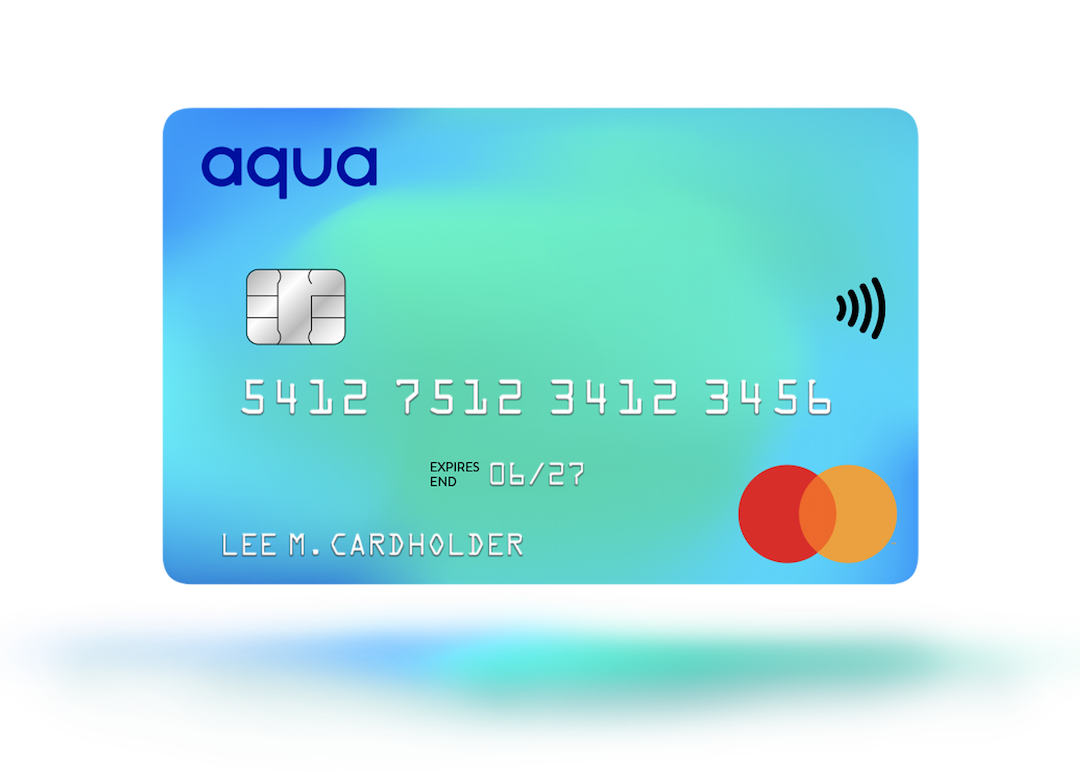In this article
Carrying a credit card balance
Learn what it means to carry a credit card balance and how this could affect your credit score.

You may have heard people say that carrying a balance on your credit card could improve your credit score. In this article, you’ll discover why that’s a myth. To learn more about what your credit card balance means for you – and how it affects the way lenders view you – read on.
What is a credit balance?
A credit balance is the full amount of money a cardholder owes their card issuer at any given moment. In other words, it’s the total of all your purchases, plus any fees and interest due, less any payments you’ve made to your account.
Your credit balance is different from your statement balance. A statement balance shows the amount you owe at the end of each billing cycle (usually every 30 or 45 days), rather than at a specific point in time.
Some people like to pay their credit balance off in full each month, however there are plenty of reasons why that might not work for you. Perhaps you’ve made a large purchase, such as a holiday, that will take you a couple of months to pay back. You might have unexpected expenses like emergency car repairs or a new boiler. Or you might be using your card to cover everyday costs during a spell of unemployment.
On some occasions, you might also decide not to pay off your credit card balance because you have a 0% introductory interest rate – meaning that your purchases aren’t yet accumulating interest.
In these situations, if you don’t clear your credit card balance in full each month, you’ll carry it over to the following one. This isn’t unusual – lots of credit card customers do it. However, it’s important to be aware of how carrying a balance could affect you and your credit score – particularly if you’re using a credit card for bad credit to build up your score.
What does it mean to carry a balance on a credit card?
When you carry a balance over to the next month on a credit card, you’ll start paying interest on the amount you owe. This will be charged for every month that you don’t pay the balance off in full, unless your credit card comes with an interest-free introductory period.
If you’re struggling to pay off your balance in full each month, you might consider making a balance transfer to save money on interest. This involves moving your balance from one credit card to another with a lower interest rate or 0% promotional offer, so that you pay less money back overall.
Making a balance transfer from several cards can also put all your debt in one place, which many people find easier to manage and pay off in full.
Does carrying a balance on your credit card affect your credit score?
Carrying a balance on your credit card can damage your credit score, especially if it increases what’s known as your ‘credit utilisation rate’.
Your credit utilisation rate is the percentage of credit you’re currently using, out of the total amount available to you. For example, if your credit card limit is £1000 and your current balance is £250, your credit utilisation rate is 25%. Most credit reference agencies (CRAs) advise keeping your credit utilisation rate below 30%, to limit the impact it can have on your credit score.
Your credit card issuer will normally report details about the way you’re using your credit card to the CRAs at the end of each billing cycle. This report includes information like your credit utilisation rate, as it’s one of the main factors used to determine your credit score.
If you have a high credit utilisation rate, lenders are likely to view this as a sign that you could be experiencing financial hardship or having trouble managing your finances – meaning you could be riskier to lend to.
So, by carrying a balance on your credit card that increases your credit utilisation rate, you could be hurting your chances of getting credit in future. And remember, a lower credit score might also mean you miss out on special offers from your current lenders.
Now that you know how carrying a balance can affect your credit score, the next question in your mind might be: ‘is it best to pay my credit card balance in full?’.
Should I leave a small balance on my credit card?
Whenever possible, it’s best to pay off as much of your balance as you can each month. That way, you’ll avoid being charged additional interest on your purchases, which can mean you pay more in the long run.
If your card has an introductory 0% interest period, you might be tempted to pay your balance off over a longer period, since you won’t be charged any interest anyway. However, keep in mind that this will still affect your credit utilisation rate – and, of course, your credit score. Plus, once the interest-free period ends, you’ll have to start paying interest on your balance.
So, even if you can’t manage to pay off your balance in full each month, it’s a good idea to pay more than your contractual minimum amount, if you can. That way you’ll pay down your balance faster, reduce your credit utilisation and save on interest in the long term.
Clearly, the idea that carrying a balance on your credit card will boost your credit score is a credit building myth. And hopefully you can now see why paying off your credit card balance in full is in fact one of the best ways to improve or maintain a good credit score.
Best ways to avoid carrying a balance
As we’ve seen, some of the benefits of paying off your balance in full include lowering your credit utilisation rate and improving your credit score.
Here are a few practical tips on how to avoid carrying a balance so you can keep your credit score healthy:
- Try to pay more than the minimum required amount at the end of the month to reduce your balance faster, or make multiple smaller payments throughout the month
- Learn how to budget your money effectively, so you can stay on top of your finances
- Sign up for alerts from your credit card provider to remind you when payments are due
- Consider setting up a Direct Debit to make payments automatically, so that you never miss a due date
If you do find yourself carrying a balance on your credit card, the main thing is to make sure your unpaid balance doesn’t escalate into unmanageable debt. Stick to the minimum payments and make them on time every month. Over time, you’ll find that your balance will shrink and you’ll be able to pay it off in full.
Every credit score can improve over time with a little consistency and commitment - there’s no such thing as a permanently bad credit score. And Aqua is here to help you take the steps you need to improve your credit score every day. You can find lots more tips and guidance on how to improve your credit in our credit building hub.
Failure to make payments on time or to stay within your credit limit means that you will pay additional charges and may make obtaining credit in the future more expensive and difficult.
Contributors

Vanessa Stewart
Vanessa is an editor at Aqua.

Victoria Smith
Victoria is an editor at Aqua.
You might also like
Slide 1 of 3
What is a balance transfer?
A credit card balance transfer is when you transfer the balance from one card, where you might be paying a higher a...
Victoria Smith

What is a credit card and how do they work? -...
Discover the basics of credit cards, how to use them, and the benefits of using credit cards in our comprehensive g...
Hayley Bevan

What is a credit limit?
Find out how credit limits are set, how to increase or decrease yours, and whether you should.
Victoria Smith
The smart way to build better credit
Aqua is the credit card that gives you the power to improve your credit score
